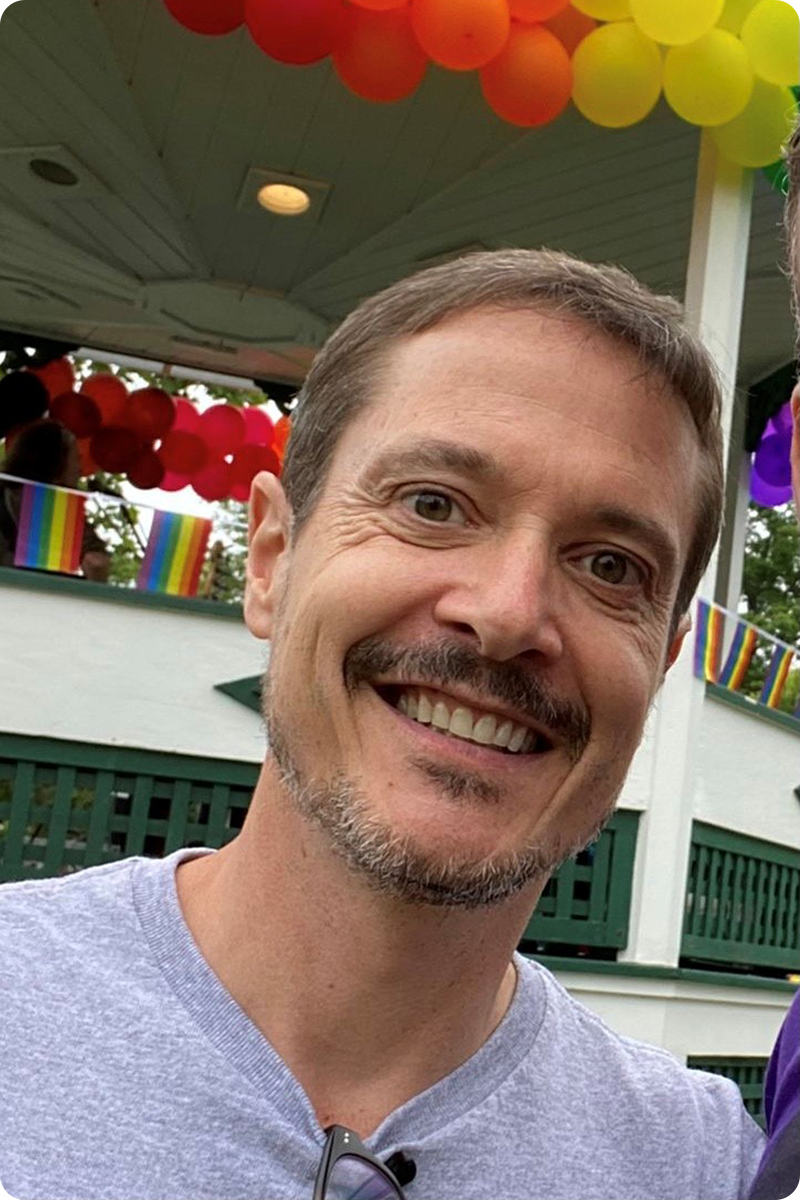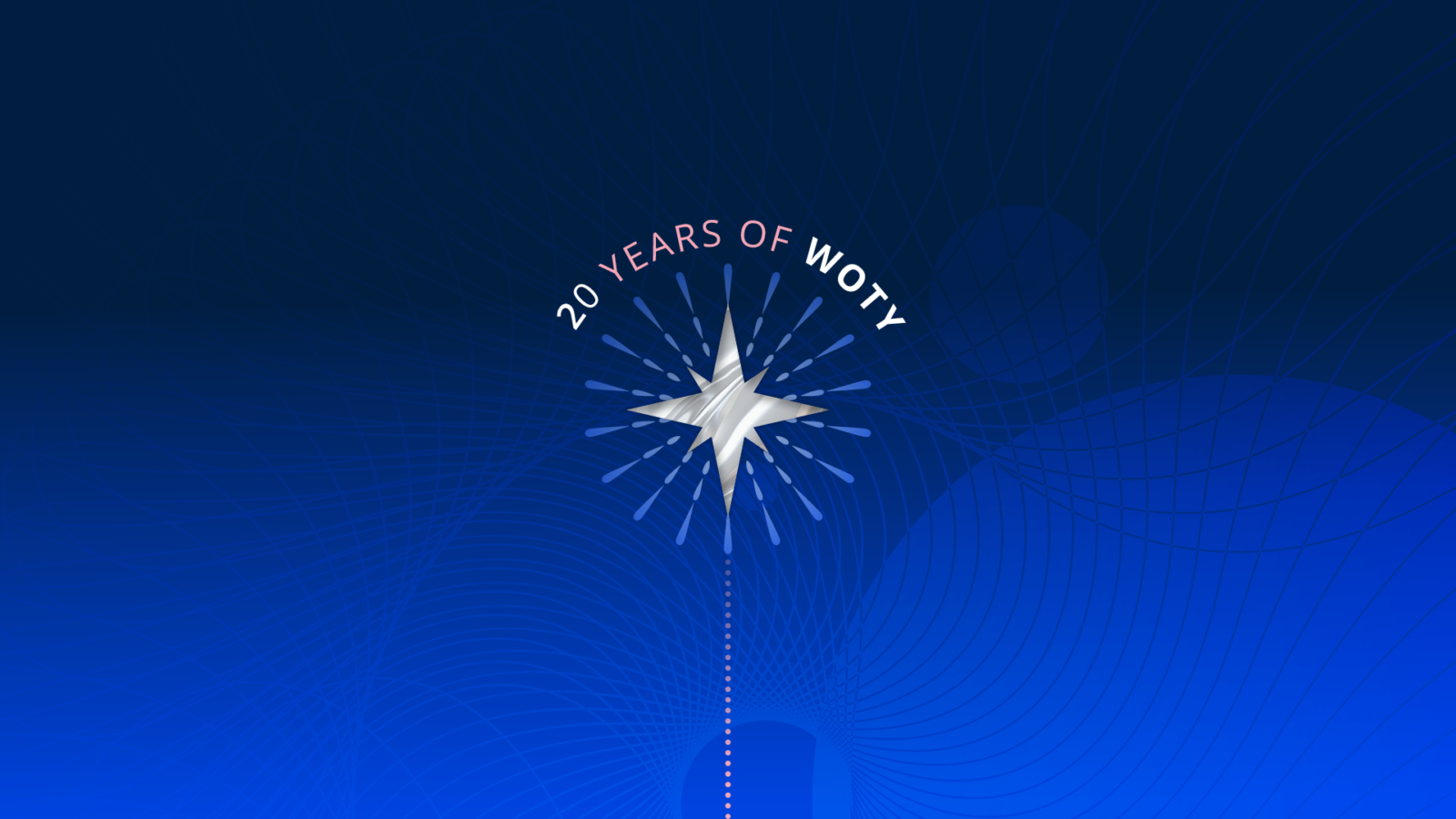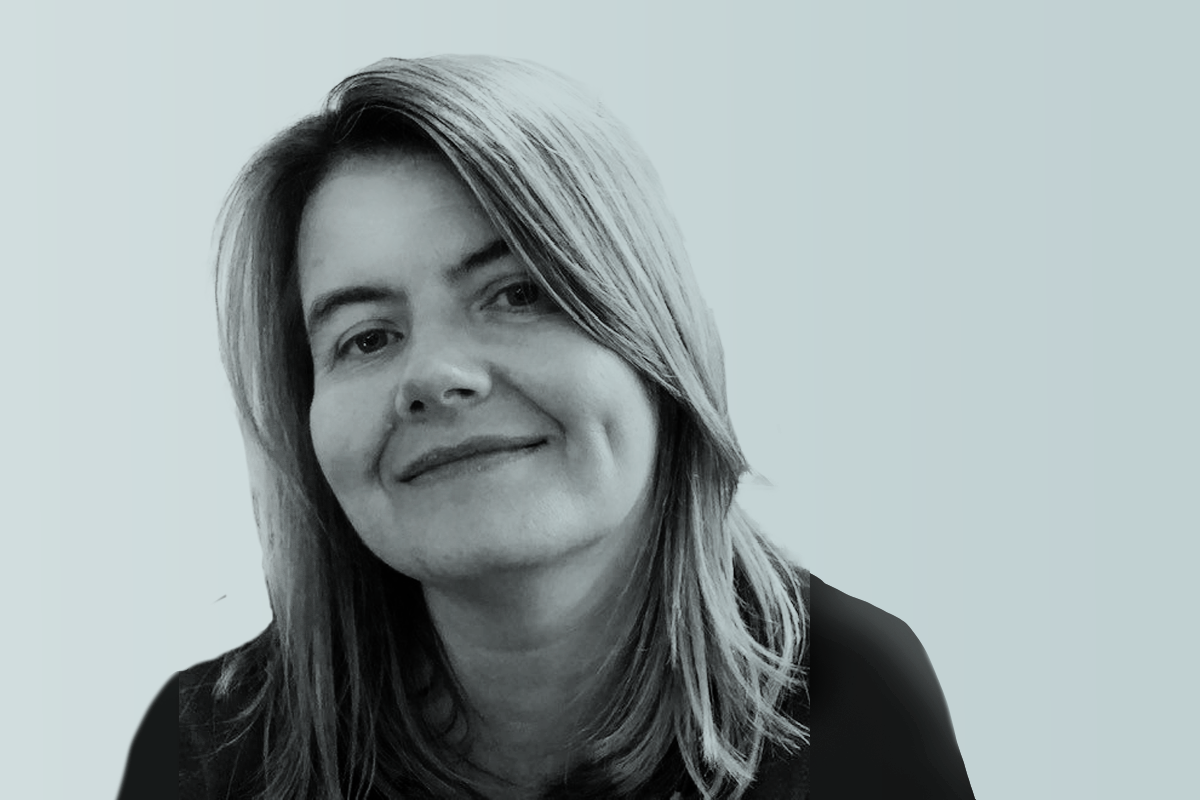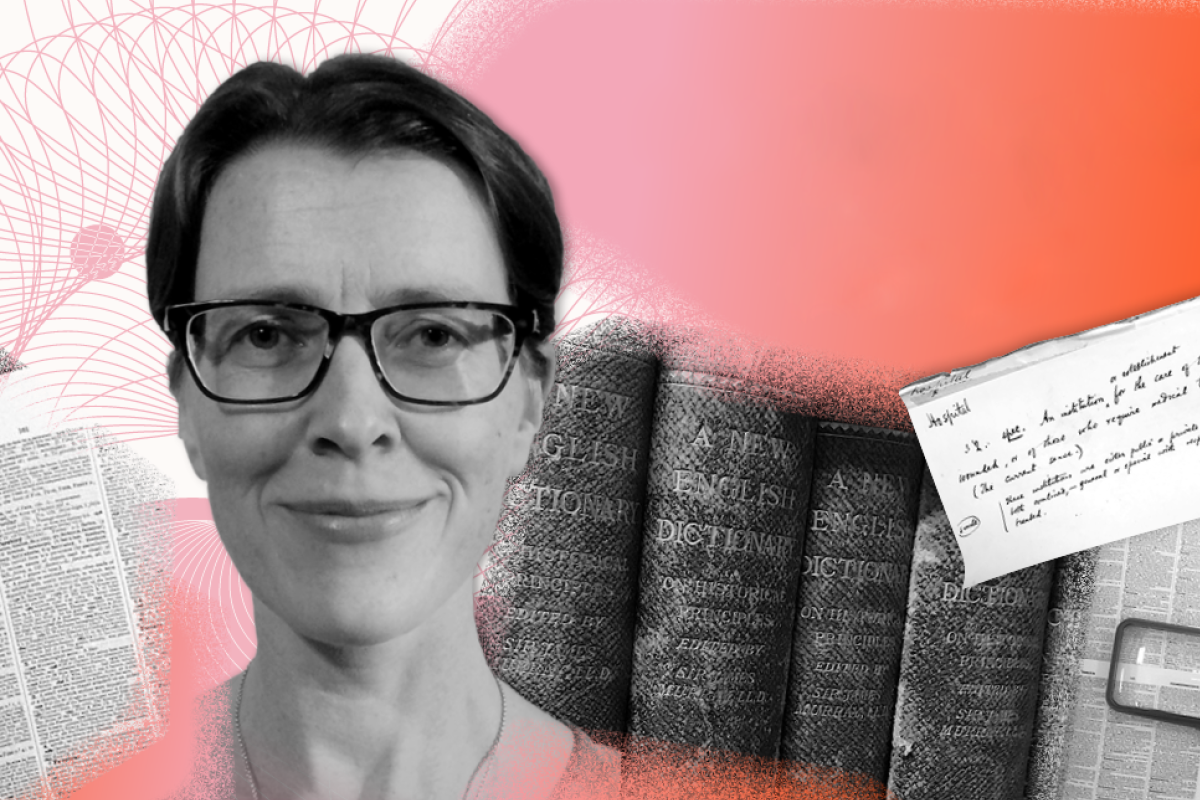Your Oxford Story: Casper Grathwohl
Casper Grathwohl
“What I love about Word of the Year is that it’s an opportunity to step back and think about how we’re changing. Our lexicographers are able to analyze real language and how we’re using it to expose insights into who we are and how we’re evolving as a people, as a society, and a culture.”

To be honest, I’m both incredibly proud and slightly embarrassed by how long I’ve worked for Oxford University Press. I’ve worked at OUP for over 25 years—that’s most of my career! It’s been such an interesting experience to not only grow professionally at a place like Oxford, but to watch how Oxford has adapted as publishing has changed over the last 25 years. It’s been a real privilege.
One of the things I’m most proud of in Oxford Languages is how we’ve been able to transform our dictionary publishing into a language data and services business where we work with big tech companies and other technology partners to enable local languages in the digital era. It’s been something that has been really satisfying but has also required us to be nimble and adapt to new technology and how the world is evolving digitally. It has meant that Oxford Languages has had a pace of change within it that is somewhat counterintuitive to a 500-year-old company.
I’m continually struck by the power of OUP’s mission to further the University’s objective in research, scholarship and education by publishing worldwide, and how that mission-based energy flows through almost everything we do. The people here really embrace the idea of wanting to make a difference in the world, through the dissemination of scholarship, through knowledge creation, and also through language—our ability to empower local language communities digitally so that everyone can live a digital life in their native language. We feel like that’s important and enriching, and is something I’m very proud that we’ve been able to take part in.
As language experts and custodians of the Oxford English Dictionary, we in the Oxford Languages team also provide the evidence and data that supports our choices for the Oxford Word of the Year, which is a really interesting process to go through. Our lexicographers and experts track language all year around new words and how senses are evolving, thinking about potential candidates. Close to the end of the year, we compile a list and we look at the evidence that’s out there in the world: spikes in language use, or interesting or innovative ways which people are using to use language to reflect their experience of that year. We usually narrow it down to a shortlist of contenders that we think really have the potential to encapsulate what this year has been about.
Two years ago, we tried something new with the Word of the Year and brought the public into the selection process. Our experts and lexicographers provide the research and data around words that are spiking in usage or that have very particular presence in the year—but once we’ve collated the shortlist, we’ve asked the public to get involved, to give us their views on the words they find most compelling, that most represent our experiences over the last year. It’s been overwhelming how many people have wanted to participate in that process and have been excited about having their say in the process. It showed us that this is an area that people are really interested in.
It’s been fascinating to watch how Word of the Year has evolved over the last two decades. Some words have resonated in a way that sometimes has surprised us, and other times they’ve not had the longevity we might have expected. It’s always unpredictable because what you’re doing is you’re trying to capture a moment of what people are interested in and what they’re engaging with; how they want to talk about their experience over the last year through the words that they’ve used; and how that describes the experience that we’ve all collectively had. It’s impossible to know in advance what words are going to create a cultural conversation. That’s part of what’s exciting about the Word of the Year and that’s one of the reasons I think that so many people look forward to engaging with it.
What I love about Word of the Year is that it’s an opportunity to step back and think about how we’re changing. Our lexicographers are able to analyze real language and how we’re using it to expose insights into who we are and how we’re evolving as a people, as a society, and as a culture. People can really enjoy getting involved in the conversation around this because, as English speakers, we are all experts in the English language. We are the ones collectively who are driving how English is evolving and where it’s going. The language we use to communicate expresses ideas and a purpose—but underneath that, the words we choose tell us so much about our preoccupations and our likes and dislikes. I think Word of the Year has such a valuable role to play in helping us to understand where we’re going.




